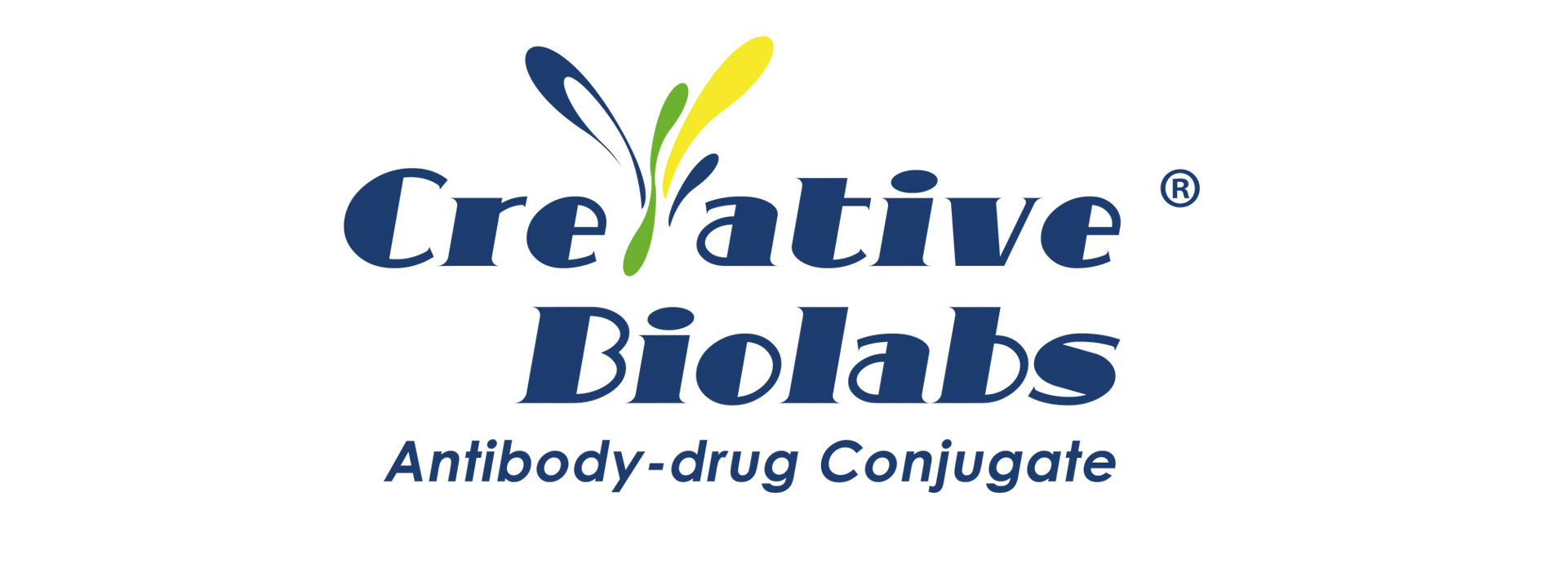Recently, FDA has accelerated the approval of ADC Therapeutics’ targeted CD19-ADC drug Loncastuximab tesirine for the treatment of relapsed or refractory diffuse large B-cell lymphoma (r/r DLBCL). It is worth mentioning that, Loncastuximab tesirine is also the first approved CD19-ADC drug ever in the world.
Loncastuximab tesirine
Loncastuximab tesirine is an antibody-drug conjugate composed of humanized monoclonal antibody targeting CD19 and cytotoxin-pyrrolo-benzodiazo-(PBD) dimer, which, when binding to cancer cells expressed by CD19, is absorbed by cancer cells, and then releases toxic warheads to kill cancer cells.
CD19, also known as B4 or CVID3, is a membrane immunoglobulin that is expressed on follicular dendritic cells and B cells. It contains two Ig-like C2-type domains in the extracellular portion while the cytoplasmic portion undergoes phosphorylation upon the recipient of different cellular signals. CD19 is involved in the B cell response to antigens. It is a low-affinity antigen receptor that is crucial for the decreasing of the threshold for antigen receptor-dependent stimulation.
Accelerated approval ows to the data from a phase II clinical trial called LOTIS, which is a single-arm, multicenter, open clinical trial that evaluates the efficacy and safety of Lonca in patients who have received at least 2-line therapy for R/DLBCL. As of April 6, 2020, a total of 145 patients were enrolled in the group. The results showed that the overall remission rate of Lonca was 48.3% (70/145), and the complete remission rate was 24.1% (35/145). The safety was controllable.
Based on this clinical data, on September 21, 2020, ADC Therapeutics announced that it would submit a biological agent license (BLA) application to FDA for the treatment of relapsed or refractory diffuse large B-cell lymphoma (r/r DLBCL) with its loncastuximab tesirine (Lonca).
CD19 is a star target in hematoma treatment. In addition to CD19-ADC, CAR-T, bispecific antibody (bsAb), monoclonal antibody (mAb), and other products have already been on the market. FDA has approved a total of 8 CD19 targeting drugs, including four CD19-CAR-Ts, two CD19 mAbs, and one CD19 bsAb. From the indications of these approved CD19 targeted drugs (except bsAb), CAR-T, mAb and, ADC are all labeled with relapsed/refractory large B-cell lymphoma. It is inevitable that there will be competition in various dimensions such as efficacy/safety, manufacturing, drug delivery convenience, and treatment cost of these drugs in the future.
There has been full firepower in the field of ADC in the past two years. Since 2019, the approval speed of ADC drugs has been significantly accelerated. FDA has successively approved three ADCs (Polivy, Padcev, and Enhertu) in 2019 and two ADCs (Trodelvy and Blenrep) drugs in 2020. With the record-breaking approval of ADC drugs, the enthusiasm for R&D in this field is rising gradually. At the same time, the target layout in ADC field is not as serious as that in other therapeutics fields. A total of 11 ADC drugs have been approved worldwide, involving 9 different targets. In addition, if all goes well, a new target ADC may be approved this year. Two weeks ago, Seagen/Genmab’s ADC approval application for targeting organization factor (TF) was given priority review by FDA, which is expected to be finalized in October this year.
